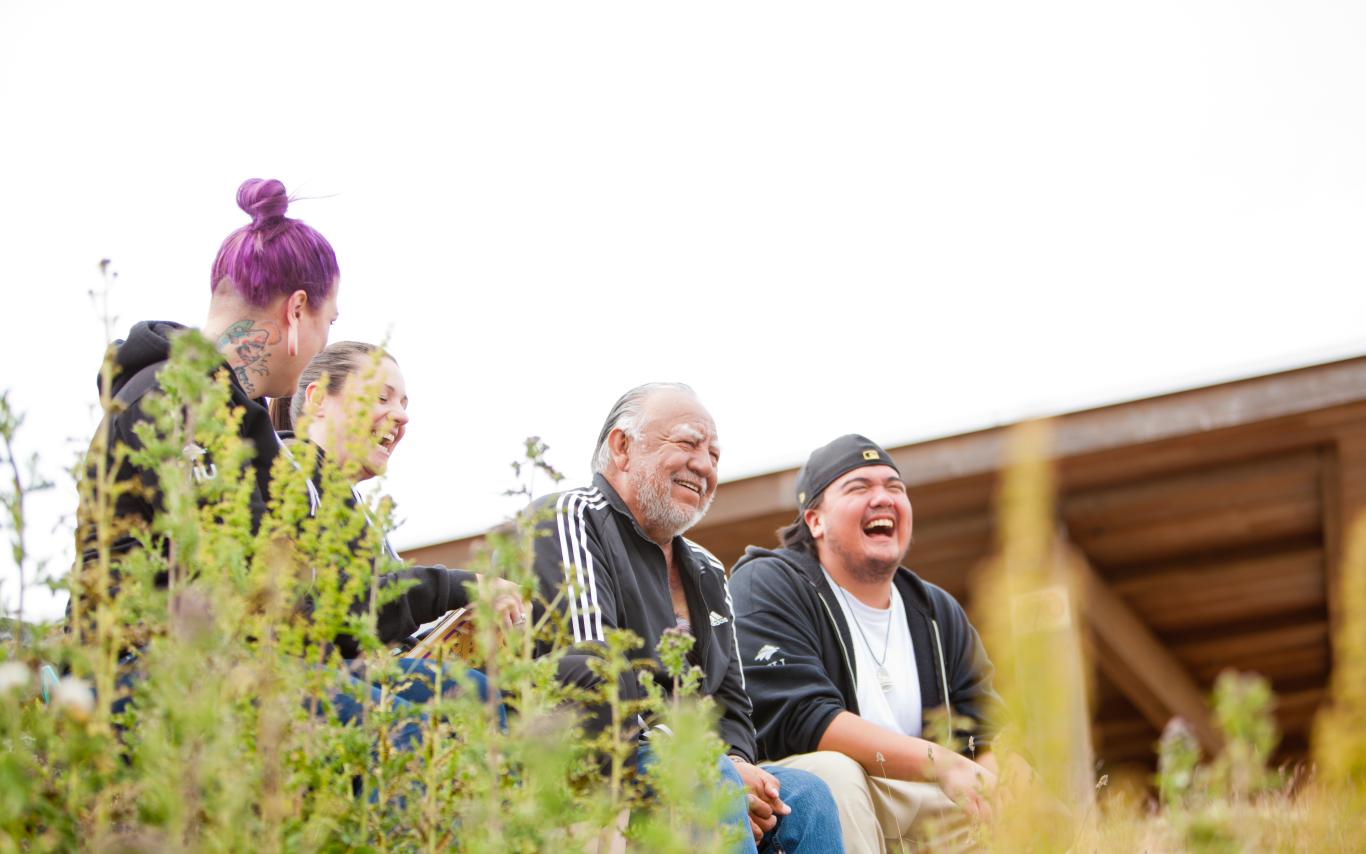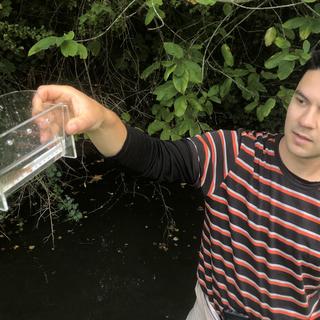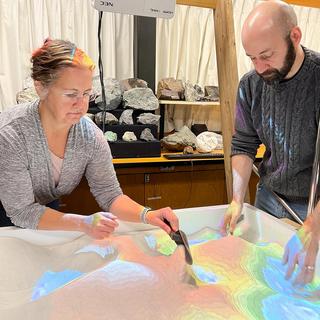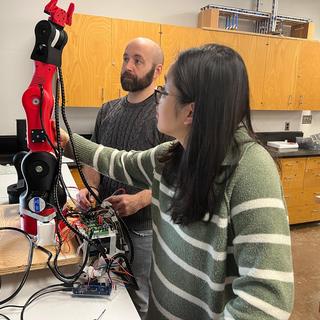Tips for surviving university as an Indigenous student
Sheldon Scow has a love/hate relationship with school.
“High school wasn’t a great experience for me – I didn’t believe in myself and I was pushed along so the teachers didn’t have to deal with me the following year,” says the 26-year-old, of Dene and Kwakwaka’wakw descent. “As a young man, that hurts your pride.”
After high school, Sheldon spent eight years working as a chef and battling depression and alcoholism, until one day he experienced a rude awakening.
“My best friend cut me out of his life,” he remembers. “He was tired of watching me struggle.”
Sheldon enrolled in First Nations Studies at Vancouver Island University and has never looked back. He quickly joined the ‘su’luqw’a’ Community Cousins Aboriginal Mentorship Program, took some life-affirming courses and gained the confidence he had been searching for in high school.
Here are his tips for surviving university as an Indigenous student.
Find a place you feel safe
Sheldon spent his first year at VIU trying to get comfortable with being a university student. Shq’apthut, VIU’s Aboriginal Gathering Place at the Nanaimo Campus, provided a space he felt safe in. With couches to take a nap on, Elders-in-Residence to talk to for spiritual guidance, and a ton of events happening all the time, from culture nights, to drum circles and movie nights for families, Shq’apthut can serve as a “home away from home” for students new to university and the area.
Get a support network
Sheldon spent his second year of university coming out of his shell and talking to classmates. Joining the ‘su’luqw’a’ Community Cousins Aboriginal Mentorship program helped boost his confidence, allowing him to reach out to others.
“It helped me open my heart,” he says. “I’m usually a very closed-off person. It gives you a second family, which is huge. So many Indigenous students are leaving their home communities for the first time, some of them coming from communities as small as 100 people. Coming to Nanaimo is terrifying, but if you are able to get through a semester of university, then you are able to join the Community Cousins.”
Getting involved in different campus events also helped widen Sheldon’s support network and led to new opportunities, such as presenting at conferences in Vancouver and in the United States.
Develop relationships with your profs
For Sheldon, getting to know his professors has made all the difference. First Nations Studies Professor Laurie Meijer-Drees has gone above and beyond to help him when he’s struggled with coursework, and turned an exciting internship opportunity into a chance to get credits towards his degree.
“If your professors know you, they can reach out and support you,” he says. “The biggest hurdle to overcome at university is to ask for help. But it’s better for them to know you’re struggling than for them to not know and wonder why you’re not showing up. I know. I’ve lived it. Show up even if you didn’t do the reading – just show up and be present.”
Embrace your uniqueness
In his first year, Sheldon signed up for the Indigenous Learning and Recognition Portfolio, a self-reflective course that allows students to validate knowledge and skills that come from family, community and cultural backgrounds. The course helped Sheldon find his voice and embrace his background, boosting his confidence and grades.
From the conferences he’s attended, to the friends he’s made, Sheldon has no regrets about choosing to come to university, even though it’s hard some days.
“Honestly, just have fun,” he says. “University can change your life. It’s done that for so many students here, myself included.”




